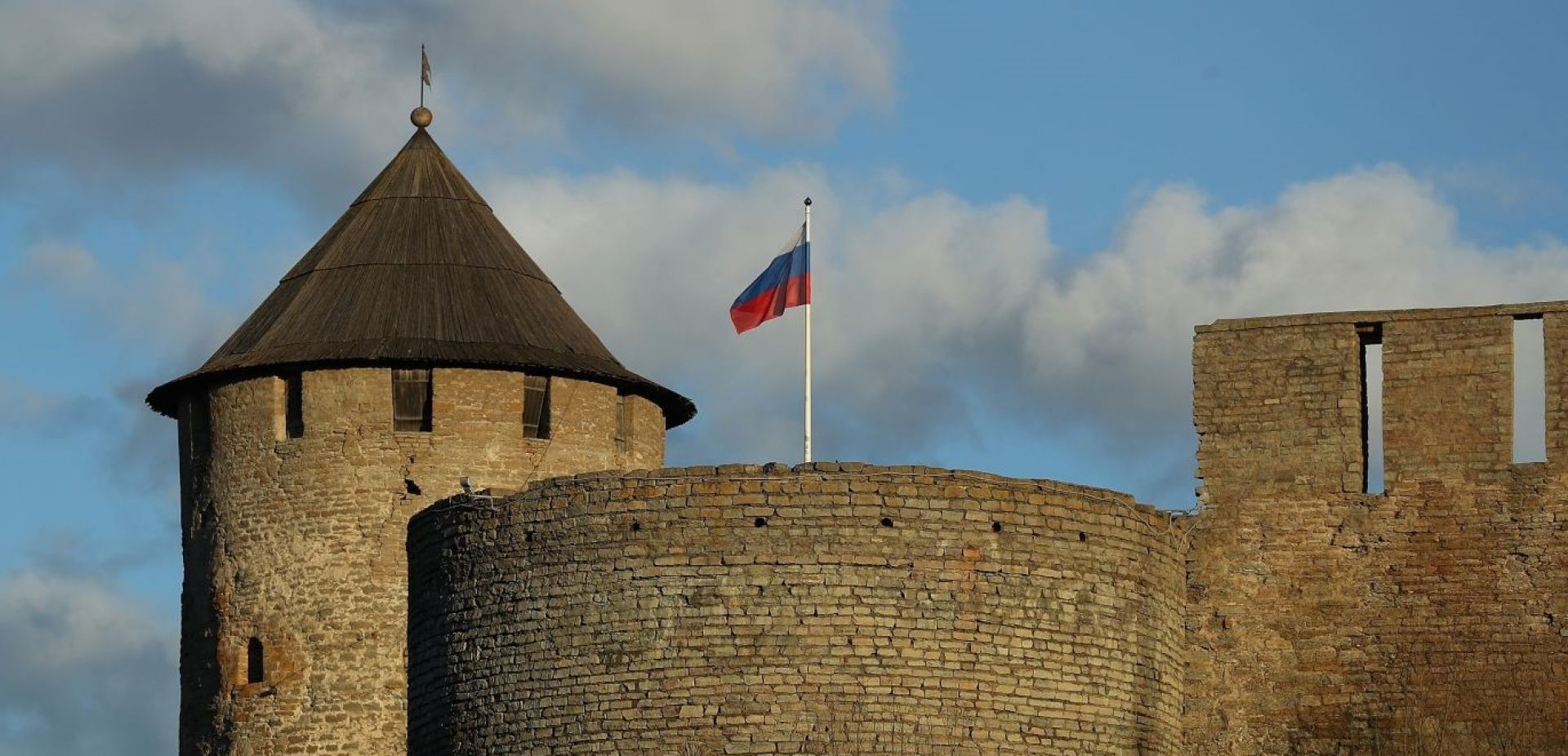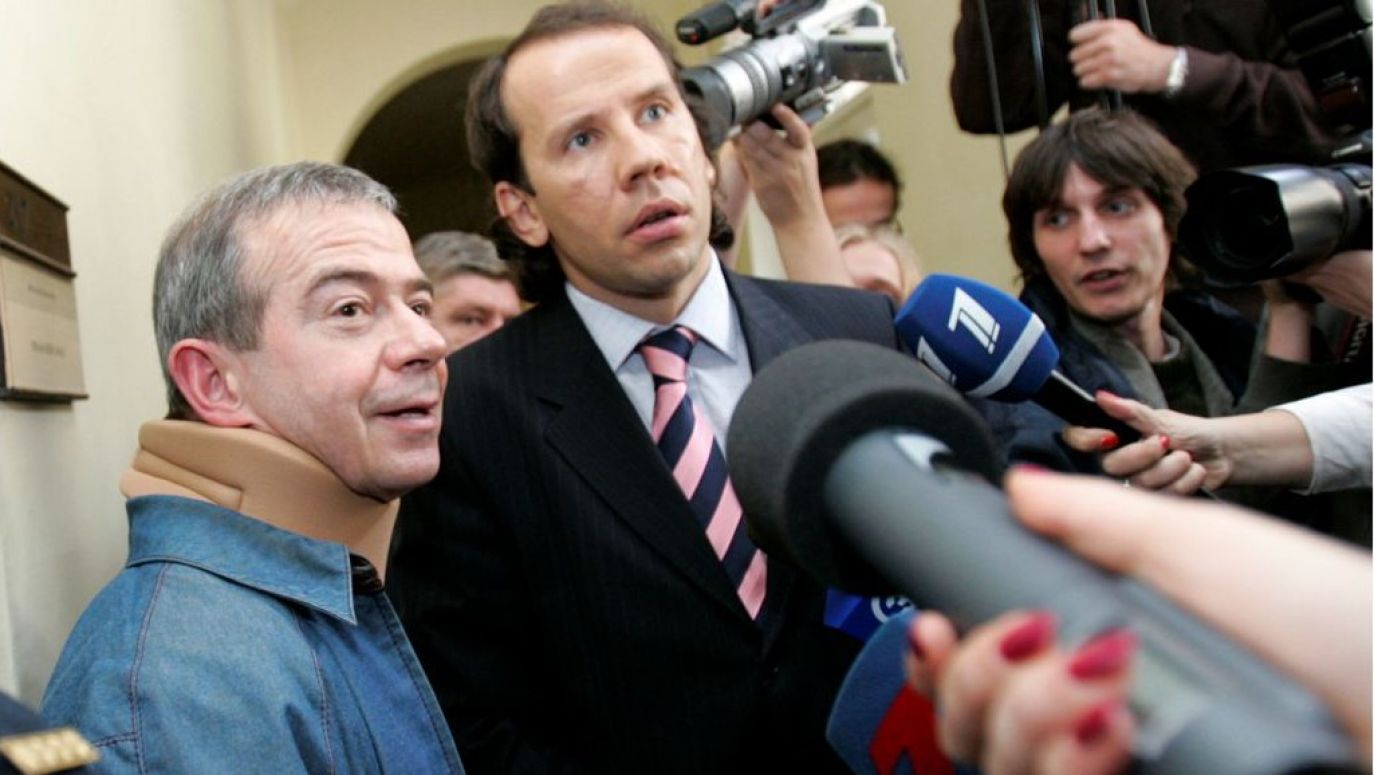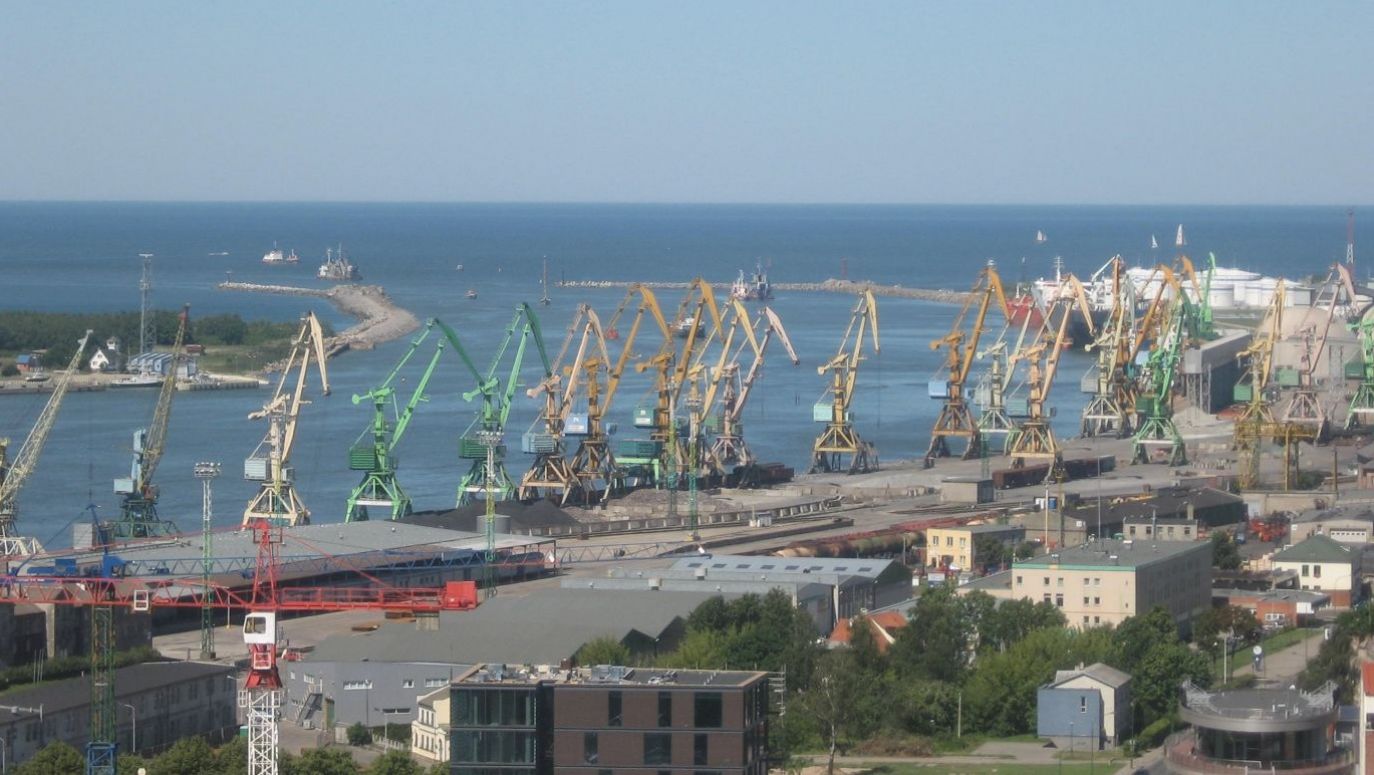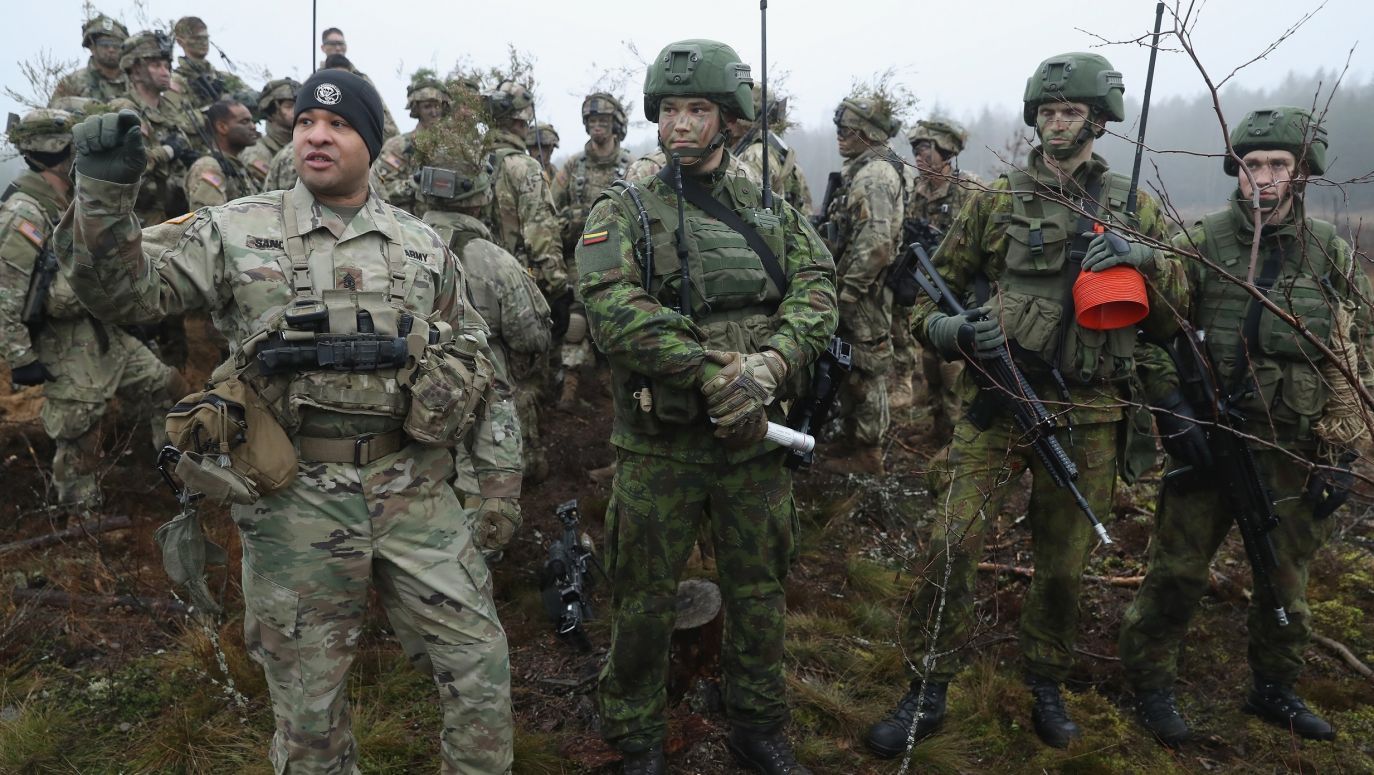Moscow wants to destroy the ports of the Baltic States and Rail Baltica. Who is Lembergs and what role does he play in this plan
08.03.2022
The policy of economic pressure has yet another dimension. Native Latvians, Lithuanians and Estonians are more likely to emigrate to EU countries in search of a better life than Russians living in their countries. This phenomenon is particularly pronounced in Latvia, where the Russian-speaking minority may become a majority.
The US Department of Finance, as part of the so-called Global Magnitsky Programme, in December blacklisted and blocked assets in the United States of several foreign senior officials and politicians suspected of large-scale corruption. Magnitsky was a Russian lawyer and auditor. He discovered how representatives of the power ministries there were stealing companies in which foreign capital was invested, including those from the United States. In revenge, he was arrested on trumped-up charges, put in jail and died in suspicious circumstances, becoming an international symbol of the fight against corrupt officials.
This time, the list of those targeted by US sanctions includes two senior officials from Venezuela, a businessman from Cambodia and Aivars Lembergs from Latvia – an entrepreneur, but also mayor (since 1988, he has been re-elected five times) of the port city of Ventspils and the most popular Latvian politician today.
Port oligarch with list of "scholarship beneficiaries"
For some time now, the Latvian media have also been publishing photocopies of pages from his notebook, on which there are lists of Lembergs' 'grantees': politicians of various formations with figures next to their names, interpreted by some commentators as amounts of money paid to them by the Latvian oligarch.
Today, he heads a regional party he founded – For Latvia and Vidava, which dominates the local political scene, but according to journalists from the BBC Russian section, his influence goes much deeper. He is regarded as the " shadow eminence" of the Latvian Greens and Farmers Union, a formation which for almost 20 years (it was established in 2002) has been part of all the governing coalitions in Latvia.
At the same time, Lembergs is a strong critic of the current Latvian government's policy, advocating greater openness to Russia, deepening economic cooperation with its eastern neighbour and moving away from the government's promotion of the Latvian language in education at the expense of Russian. For years, Latvia has been struggling with the problem of a well-organised, pro-Russian and large (40% of the country's population) Russian-speaking minority, whose loyalty to the state is questioned by many.
Professor Ojars Skudra of the Faculty of Social Sciences at the University of Latvia told the media that "in Latvia, no one understands why the Americans noticed Lembergs just now. We have been writing about him for at least 15 years".
What happened in Latvia, however, seems to be part of a larger puzzle. Perhaps a game is just beginning at which the price is the independence of Latvia and its neighbours, and their position in US plans for the defence of NATO's eastern flank. The management of the ports of Riga and Vindava has already been taken over by the state, but there are indications that this is only the beginning of the game of who will control the strategic infrastructure in the Baltics.
Russians increase pressure
For Latvia, whose budget consists of as much as a third of EU subsidies, and which, in the wake of Brexit and problems balancing the EU budget, are to be cut in the new financial perspective, the additional loss of USD 600 million a year, as this is the estimated profit from the transit of Russian bulk goods, is a significant blow. Both for the stability of the economy and for the ability to incur greater military expenditure, for example.
According to official data from the Kremlin's transport ministry, imports to Russia via the Baltic ports included 3 million tonnes of goods in 2018, most of which were 200,000 containers. Russian exports through ports in the Baltic states amounted to 33 million tonnes of cargo. Freight and port fees brought about 30 billion roubles, or some $480 million, to companies there, according to Russian specialists.
Moscow is not even particularly secretive about the fact that it has embarked on a prepared plan. In early December, Paul A. Goble, an analyst with the US-based Jamestown Foundation, wrote that the Kremlin is deliberately and intentionally redirecting the flows of imports and exports from ports in the Baltic states, which are considered hostile to Russia, to the Baltic ports it is developing, such as Ust-Luga and St Petersburg. Not only is it spending huge resources on developing its own infrastructure, but it is also exerting administrative pressure on its own companies to abandon the services of the Baltic States.
In the course of this year's talks on deepening economic integration between Russia and Belarus, there was also a demand from Moscow officials that Minsk should stop exporting and importing via Lithuania's Klaipeda and "move" to the ports of the Kaliningrad region. These demands have been rejected, but this does not discourage the Kremlin, which has consistently deprived the Baltic states of an important source of revenue.
The first effects have already been noted. As Juris Iesalnieks, the director supervising the Latvian railway on behalf of the Ministry of Transport, told the media, Russian exporters using their services under pressure from the Russian government are signing agreements to reduce shipments to the ports of the Baltic states. As a result of this policy, both Lithuania and neighbouring Latvia and Estonia are experiencing a decline in cargo traffic – in the first half of this year, transshipment at their ports fell by 12.4%, while at Russian ports it increased. Although there are exceptions, because the Russian policy of "rewarding allies" has its concrete, financial dimension – the port of Vindava, controlled by the Lembergs company, increased transshipments by 7% during this period.
As a result, as Russian-language portals are already reporting, Rail Baltica – a railway line co-financed by the European Union that is part of the trans-European transport corridor and runs through the Baltic States and Poland, i.e. connects Warsaw, Kaunas, Riga, Tallinn and Helsinki on a normal track – is to be a permanently deficit project. This is supposed to help convince Brussels officials that subsidising investments in the region is simply a waste of money.
Independence from the Kremlin is costly
And this is only the beginning of Russian economic pressure in the region. This is evidenced by Vladimir Putin's decision in early July to build a seaport in Yantar in the Kaliningrad region with a capacity to handle 48 million tonnes. This project had been under consideration for almost 20 years, but now business has accelerated. It is estimated that the construction of the new port will cost no less than 200 billion roubles (around 3 billion euros) – of which only 50 billion will be provided by the Russian budget and the rest by private investors.
The project was therefore not implemented for years because it made no economic sense, especially in view of the nearby port in the Lithuanian city of Klaipeda. But now it has become strategically important. The authorities in Moscow have already put pressure on Dmitry Mazepin's Uralchim company to move its exports from Klaipeda to the new port and to invest considerable resources in its construction. Transneft, the Russian oil giant, has also recently boasted of abandoning exports via the Baltic ports.
But it is not just about port and rail infrastructure. Russia's Gazprom has just announced its intention to sell its stake in Latvia's Gaz, the operator of the country's transmission infrastructure and underground storage facilities. Russia's co-partner, Germany's E.ON. Ruhrgas, had already announced its intention to withdraw from the venture. . It is possible that the Latvian government will exercise its right of first refusal and take ownership of the facilities there. Another expense, another problem and perhaps less money for military purposes again, and, in addition, a clear signal sent to Latvian society and parties that a policy of independence from Russia costs money, and not a little.
But this kind of policy of economic pressure has another, much more important dimension. The years since the Baltic states joined the EU have shown that the indigenous Latvians, Lithuanians and Estonians are more likely to emigrate to Europe in search of a better life than the Russians living in their countries. This phenomenon is particularly pronounced in Latvia, which has a large Russian-speaking minority that may in time become a majority. The economic crisis can only accelerate this phenomenon.
There are many indications that Russia has modified its policy somewhat, and now relies more on economic pressure and propaganda than on military threats. It is not without reason that Vladimir Putin recently said that in a few years' time the countries of Central Europe, once they stop receiving generous EU subsidies, may begin to seriously question the sense of their continued membership of the European Union.
A Russian-speaking minority like 'Jews during the war'?
Lithuania's intelligence report on the country's main threats in 2018 shows that Russia – still considered a revisionist state seeking to preserve its influence in the region – is now setting its sights on interfering in the political life of the Baltic states primarily through disinformation campaigns aimed at "antagonising societies and lowering the level of trust in both the democratic process and public institutions and administration".
One of the examples of this type of action is the campaign launched by the Russian delegation to the UN Conference on the Rights of National Minorities in Geneva in December, accusing the Baltic States, mainly Lithuania and Latvia, of practising a discriminatory policy towards the Russian minority in education and language matters. This is a continuation of the actions which, in May last year, led to the European Parliament voting through a special resolution condemning Latvia for promoting teaching in the Latvian language, presented as a discriminatory measure against the Russian minority in that country.
The draft resolution was submitted by two Latvian MEPs: one from the Socialist Club (representing the Union of Russians of Latvia) and the other from the Green Party, a friend of Lembergs. And it is worth noting that it was supported by 115 members of parliament from all, as the promoters of the protest proudly announced, EU countries, thus also from Poland. Conferences organised in the European Parliament by MEPs from the Latvian Union of Russians are one element of the policy of discrediting the Baltic States, which, according to the Russian politicians, have reduced the status of their Russian-speaking fellow citizens to the role of Jews during World War II.
All this comes at a time when US military experts have called for increased efforts by the countries in the region to adapt their infrastructure to the needs of rapidly moving NATO troops. A special report on the possibilities for NATO troops to defend the Baltic states was written by Richard D. Hooker Jr. – a veteran of battles in Rwanda, Kosovo, Iraq and Afghanistan, among others, former associate professor at West Point, dean of the NATO Defence Academy in Rome, special adviser to the US president and director for Europe and Russia at the National Security Council. He even pointed out that without increased spending by Vilnius, Riga and Tallinn both on their own armed forces and on investment in bridges, roads and warehouses, there can be no guarantee of security at all. Because the Alliance is today much weaker towards Russia.
So the economic pressure Moscow exerts on the economies of the region has quite a measurable military effect. This dimension of Russian policy seems to be more visible from Washington's perspective than from Berlin or Paris. And perhaps that is why Moscow's proven friend, the oligarch Lembergs, is on the American blacklist, while in Europe, which is also fighting corruption, he feels quite comfortable.
– Marek Budzisz, December 2019
– Translated by Tomasz Krzyżanowski









